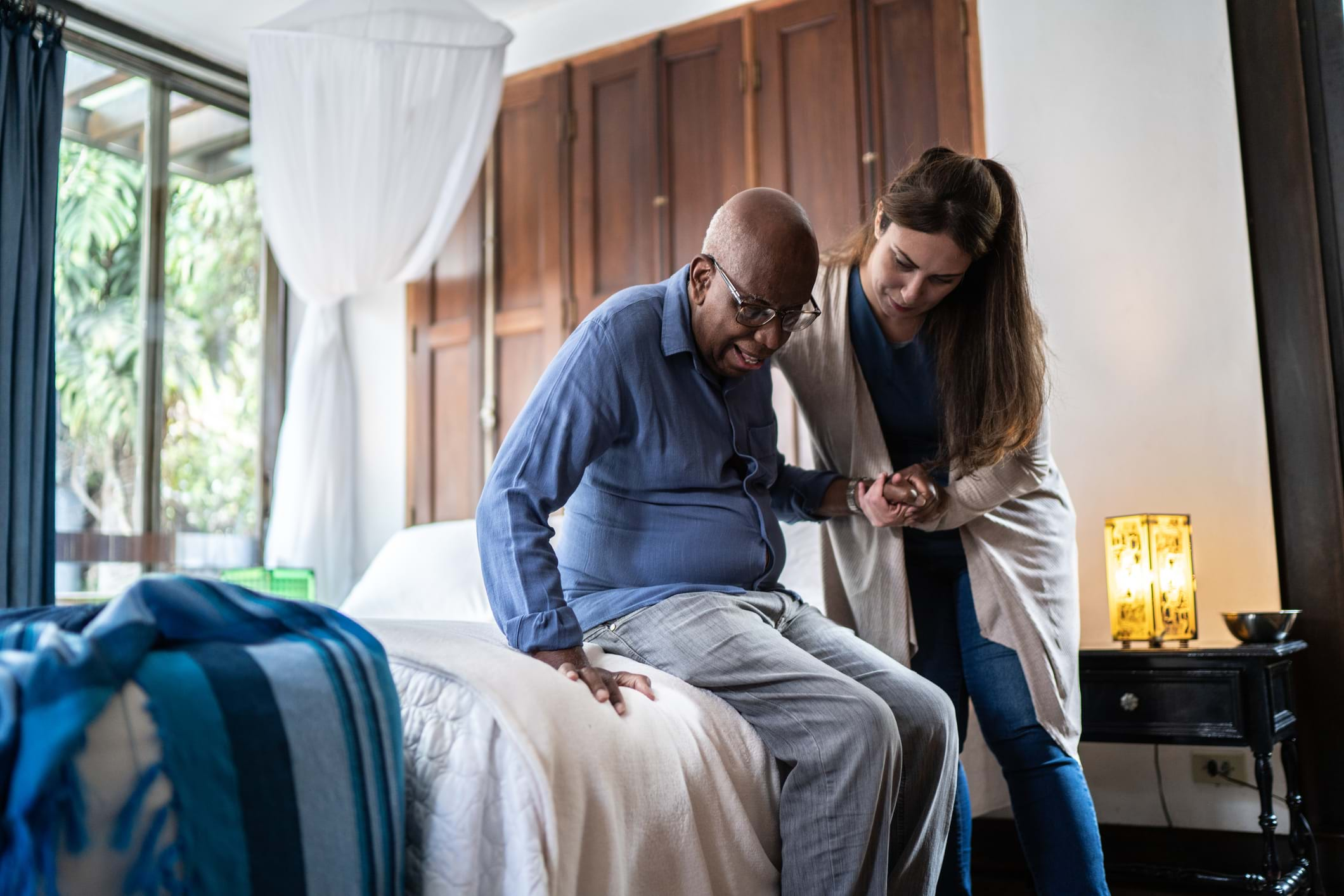Various states are declaring that there is a rebuttable presumption that injuries to certain workers during the COVID-19 crisis will be deemed work-related. A standard Workers Compensation Policy includes coverage for “occupational disease.” If an employee can establish a direct connection to their workplace as the source of their COVID-19 infection, Workers Compensation coverage may be triggered. Most state laws suggest that if an employee can prove the specific source of infection was a workplace exposure within the scope of employment, then the effects of the resulting disease are compensable. The burden of proof is typically on the employee to establish that the injury (such as a COVID-19 infection) was from work. Legislation and regulations are being proposed by several states that would eliminate the burden of proof for workers in designated occupations that make a COVID-19 occupational disease claim.
Recent states that have already APPROVED this position are:
1. Wisconsin (Legislation) – first responders;
2. Illinois (Emergency WC Amendment) – first responders and essential front line workers;
3. Kentucky (Governor’s Executive Order) – broad definition of employees covered, including employees of a healthcare entity, first responders, grocery workers, etc.;
4. Arkansas (Governor’s Proclamation) – first responders and front-line healthcare workers;
5. Minnesota (Legislation) – first responders, nurses and healthcare workers.
Other states (such as PA, NJ and NY) have PROPOSED similar action. A helpful resource to track the legislative activity in a state that is important to your business is the National Council on Compensation Insurance (NCCI) website at:
Segregation of COVID-19 Payroll
State governments, regulators and insurers are starting to address how to handle payroll paid to employees for time not worked or time worked in an alternate capacity, related to the COVID-19 crisis.
One clear recommendation is to separately capture this payroll in a unique payroll category. Payroll records for employees that continue to work but have different duties should be split among the applicable workers compensation class codes as well.
Hopefully, the NCCI or the appropriate state workers compensation bureaus will determine a more favorable treatment for this COVID-19 exposure which can be calculated at audit.
The NCCI also has developed FAQs to address additional details in connection with these payroll classifications which can be found at https://www.ncci.com/Articles/Pages/Insights-Coronavirus-FAQs.aspx.
1. A business has suspended operations due to COVID-19, but continues to pay employees, although they are at home and not working. Is this payroll included in the premium calculations for workers compensation?
ANSWER: NCCI recognizes that circumstances around COVID 19 are extraordinary and warrant an expedited rule change to address the question of payroll for employees who are being paid but are not working as it relates to the basis of premium. If approved, this rule change will be distinct from “idle time” under our current Basic Manual rules (Rule 2-F-1), and a corresponding statistical code 0012 will be created for reporting this payroll. This payroll will not be used in the calculation of premium.
Other actions are underway by some insurance companies and individual states to respond to this question, so an emphasis on creating as uniform an approach as possible is being pursued for approval by regulators. The details of the proposed rule changes will be included in a filing that will be submitted to state regulators in all NCCI states.
2. An employer has limited operations due to COVID-19. As a result, some employees are placed into new roles for the duration of the pandemic. What classifications could be assigned to these employees?
ANSWER: As stated in Basic Manual Rule 1-A, subject to certain exceptions, it is the business of the employer within a state that is classified, not separate employments, occupations, or operations within the business. Therefore, the classification of the employees working in new roles might not change. However, there may be situations where a change in classification could occur, such as when:
a) The employer’s operations have changed to a different classification, or
b) An employee’s occupation for the employer has changed (similar to when an employee receives a job promotion) to a different classification that may be applied to the employer’s policy (e.g., an employee changes to a clerical position and Code 8810—Clerical Office Employees NOC may be applied to the policy).
In accordance with Basic Manual Rules 1-D-3 and 2-G, the employer would be responsible for maintaining separate payroll records for the change in operations or the wages earned for an employee whose occupation has changed. If these records are not maintained, then all payroll would be assigned to the highest rated applicable class code. See footnote 1.
1 Footnote – An example could be a retail store that remains open for delivery of goods but closes the showroom to consumers. Several of the retail showroom employees will work from home to assist with phone orders, customer service calls, and related clerical paperwork. These employees may be reassigned to Code 8871—Clerical Telecommuter Employees. In addition, this same employer has other showroom employees delivering goods to customers. These employees would be reassigned to Code 7380— Drivers, Chauffeurs, Messengers, and Their Helpers NOC—Commercial while they are in their new role as delivery drivers. In both situations, the employees’ original job descriptions were included in the applicable store code, but their new job descriptions place them in a new code. Once the employees return to their former roles after the pandemic has passed, their payroll would return to the store code that was assigned before the employer closed the showroom. In accordance with Basic Manual Rules 1-D-3 and 2-G, the employer would be responsible for maintaining properly segregated payroll records for the wages earned while the employees were in their new job descriptions. If these records are not maintained, then all payroll would be assigned to the highest rated applicable classification.
These PROPOSED revisions in how COVID-19 related payroll changes will be rated have not yet been approved by the NCCI or other State Workers Compensation Rating Bureaus, but please contact your Graham Service Team if you have any questions.
For additional COVID-19 resources and risk management recommendations, please visit our COVID-19 Risk Management Center.
A PDF of the above information can be found here.

EB.jpg)






